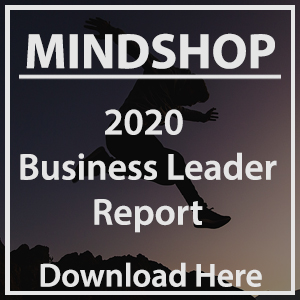As we see some restrictions being removed around the world, the last week has finally started to reveal some new opportunities and some new challenges in Executive Search.
Many Executive Search practitioners have been very agile in terms of making the most out of technology that they already had, making contact with candidates and being available when clients need to start moving again. It seems clear that there is little doubt that high quality talent will still be in demand and that many organisations will seek to improve the quality of their workforces from top to bottom as they navigate this crisis.
One of the things that we have observed is organisations starting to question the extent to which the new strategy places different weight of expectation on different roles in the organisation.
Some businesses have bolted themselves down to weather the storm while others have been nimbly looking for and finding new opportunities to hit revenue targets and save jobs. Each of those strategies requires a different skill set and most importantly a different mindset to be successful. What is clear is that most organisations see the middle phase of this cycle, the Adapt and Pivot phase, as one that could last through the balance of 2020 and into 2021.
There have been 2 specific challenges that we have noted in the last week. The first of these is that it may well be easier and faster to fill shortlists in the medium term. Some people are out of work, some people have been stood down and have uncertain futures and others are seeing that their employer’s future may be uncertain and are choosing to seek out other opportunities.
While shortlists are easier to put together, the onus is now very much on the Executive Search providers to be even more diligent in assessing candidates. Even though face-to-face interviews are likely to be held online for some time to come, they may well be longer and there may be more of them during the selection process. A deeper interpretation of psychometric assessments in the discussions surrounding them may well take place and it is highly likely that reference checks will be broader and deeper than in the recent past. At a time when business needs certainty, being as certain as one can be that the right hire is being made is critical.
The second challenge is a new one to deal with. Most Executive Search consultants would have said for years that the market for executive talent is global and that business leaders could be sourced from a variety of international markets. While this has led many of us in Australia into having discussions with candidates at odd hours of the day and night because of our geography, we are now seeing that overseas Executive Search firms are now more inclined to engage with any network partners that they have within Australia for the simple reason that our borders are currently closed.
In a global sense, Australia is not where the real action in Executive Search has been over the last 20 or more years. Highly talented executives are far more likely to have been drawn from Australia into regional or global headquarters in cities like Singapore, Hong Kong, Beijing, New York, London, San Francisco, Paris and Frankfurt. The list of market opportunities was endless.
However, now more than ever the ability of an Executive Search consultant to connect with highly capable local talent within Australia, and then sell them into a meaningful career opportunity here will be valued more and more. Other developed economies are no doubt experiencing the same thing in their domestic markets.
It’s a new world. Executive talent, for now, is not as mobile as it was 3 or 4 months ago and it will be the organisations that seize the opportunity to keep the best Australian talent within Australia that will accelerate out of the crisis and into their new future. Make no mistake, if Australian talent is earmarked for a big corporate role overseas, those organisations will find a way to get them there.


.jpg?width=1920&name=conference-covid-support-darker%20(1).jpg)



.png?width=208&height=97&name=SpFx_Affiliate_logo_large-1%20(2).png)